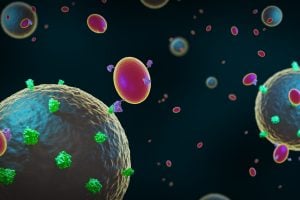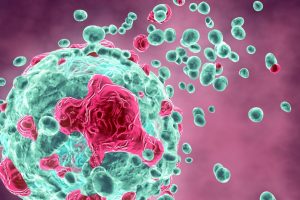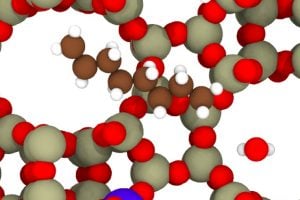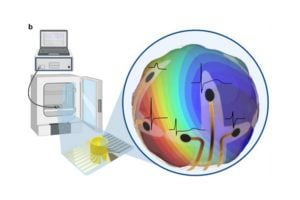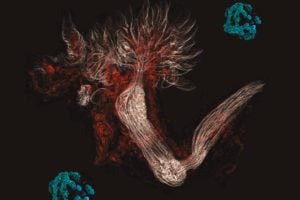Research Areas
Biomolecular Engineering and Synthetic Biology
We are creating new technologies and approaches for the design and engineering of biomolecules in order to uncover new insights into human biology that can be leveraged to solve today's most pressing problems in biotechnology, bioengineering, and medicine.
Engineering for Precision Medicine
Our advancements in precision medicine range from innovative new platforms for the diagnosis, prognosis, and precision care of cancer patients and developing novel biomarkers and therapeutic targets to treat cancer and immune-related diseases to artificial intelligence-based imaging techniques.
Materials for Energy, Catalysis, and Separations
We collaborate to tackle the grand challenges of designing transformative new nanomaterials for energy, chemical, and environmental applications.
Modeling in the Big Data Era
Artificial intelligence, machine learning, modeling, and simulation will transform and accelerate the discovery, development and manufacturability of systems in areas including climate change, sustainable energy, health, and molecular design.
Self-Assembly and Soft Matter
We address fundamental challenges in the development of supramolecular, hydrogel and colloidal materials for medical, environmental, industrial, and energy-related applications.
